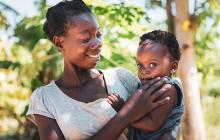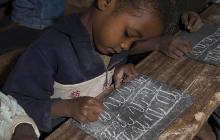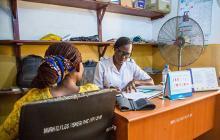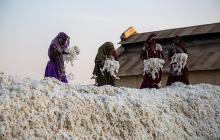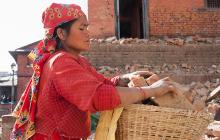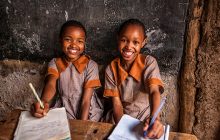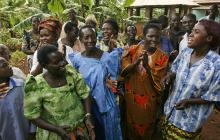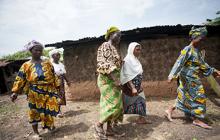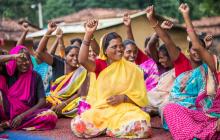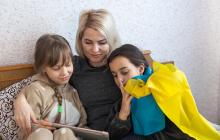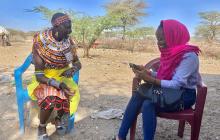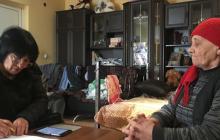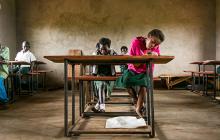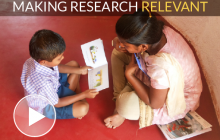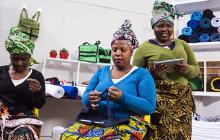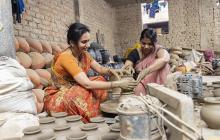Thomas De Hoop
Dr. Thomas de Hoop specializes in generating actionable evidence in response to key policy questions, while ensuring rigor in the design and implementation of evidence syntheses and impact evaluations in South Asia and sub-Saharan Africa. He oversees AIR’s international portfolio focused on food, security, agriculture, and nutrition. As a trained development economist, he has published widely on self-help groups (SHGs) in India and education in international development. For example, he co-led a Campbell systematic review about the impact of economic self-help group programs on women’s empowerment, which was one of the first systematic reviews using a mixed-methods approach, which has since become best practice for systematic reviews focused on international development.
Dr. de Hoop currently leads evidence syntheses about the impact and cost-effectiveness of nutrition-sensitive interventions and the partnership pillar of the Sustainable Development Goals (SDGs). He presented the findings of the latter review during the High-Level Political Forum on Sustainable Development and the SDG Action weekend during the United Nations General Assembly. Dr. de Hoop also recently published peer-reviewed studies on the cost-effectiveness of the Jeevika SHG program in Bihar, India, the impact of COVID-19 on SHG savings in India, and a cluster-randomized controlled trial of a technology-aided instruction program in Zambia. In addition, he was a guest editor for a special issue on impact evaluations in humanitarian contexts for the Journal of Development Effectiveness.
Previously, Dr. de Hoop was the co-principal investigator for the Evidence Consortium on Women’s Groups (ECWG), a four-year research project that synthesized, strengthened, and disseminated research and evaluation findings on the impact and cost-effectiveness of large-scale government-supported women’s groups in India, Nigeria, and Uganda. As part of the ECWG, Dr. de Hoop oversaw various studies on the impact and cost-effectiveness of women’s groups in India, Nigeria, and Uganda, and how self-help group and savings groups contribute to mitigating the economic consequences of COVID-19 in India and sub-Saharan Africa. The evidence generated by the ECWG guided the Gender Equality Team at the Bill & Melinda Gates Foundation in the use of evidence to guide the Foundation’s women’s economic empowerment strategy. Currently, Dr. de Hoop also leads a quasi-experimental study of a savings group program in Nigeria and a study on the measurement of gender norms in South Asia.

Ph.D., Development Studies, Radboud University Nijmegen; MSc, Development Economics, VU University Amsterdam
